Advertisement
The use of artificial intelligence in healthcare is expanding rapidly, and while clinical diagnostics are still left to trained professionals, AI tools like ChatGPT are becoming increasingly valuable in the day-to-day pursuit of personal wellness. With its conversational interface and ability to process large volumes of information, ChatGPT is evolving into a practical health companion for individuals seeking guidance, organization, and better health habits.
From wellness planning to mental health support and personalized nutrition advice, ChatGPT is not intended to replace healthcare providers but instead serves as an assistant that helps users stay informed, focused, and proactive. For those looking to enhance their lifestyle, improve consistency, and manage wellness goals more efficiently, here are the top 9 ways ChatGPT is being used to support health.
One of the most immediate ways ChatGPT can contribute to personal well-being is through routine structuring. Many individuals struggle with sticking to consistent sleep, fitness, or hydration schedules. ChatGPT can assist users in mapping out balanced routines that reflect their goals and preferences while also accounting for time availability and energy levels.
Whether it’s laying out a balanced daily structure or planning weekly goals, ChatGPT helps users create a rhythm that supports long-term health outcomes. It can outline morning habits, mealtime structure, or activity blocks, which ultimately reduce decision fatigue and increase daily adherence to healthy choices.
Maintaining a healthy diet is central to well-being, but navigating nutritional needs can be complex. ChatGPT can assist users in understanding the general principles of nutrition, from macronutrient breakdowns to suggestions for meal balance.
Through its ability to summarize nutritional concepts and offer ingredient ideas based on dietary preferences, ChatGPT functions as a knowledge support tool. For users managing special dietary needs, it offers information that promotes smarter food choices. While it does not replace a registered dietitian, it helps users stay aligned with their wellness intentions.

Mental health is as essential as physical wellness, and ChatGPT can provide a layer of support for users seeking a sense of stability or clarity. While it does not offer professional therapy, it can assist users by encouraging emotional reflection, self-awareness, and mindfulness habits.
ChatGPT can help frame thought exercises, explore mood journaling strategies, or outline ways to manage daily stress. For users looking to develop emotional resilience or reduce cognitive overload, its conversational tone and ability to suggest structured self-care habits contribute positively to emotional balance.
Staying active is a critical part of maintaining health, yet inconsistency remains a common barrier. ChatGPT can provide guidance on structuring fitness plans based on available time, energy levels, and equipment access.
Without prescribing specific regimens, it helps users organize balanced workout schedules that include strength, flexibility, and recovery. It also offers tips on building progressive routines while minimizing the risk of burnout or injury. As a planning companion, ChatGPT encourages physical consistency by helping users remain engaged and organized.
Quality sleep plays a foundational role in cognitive performance, immunity, and mood regulation. ChatGPT can provide information about sleep cycles, circadian rhythms, and habits that promote better rest.
For individuals dealing with inconsistent rest patterns, it can suggest bedtime routines, screen-time management strategies, and environmental adjustments to support deeper, more restorative sleep. Its ability to create habit-building plans around sleep helps users align with a healthier nightly rhythm, improving long-term energy and focus.
Beyond managing symptoms, preventive care is essential for long-term health. ChatGPT can remind users of general wellness strategies such as hydration, hand hygiene, sun protection, and posture correction.
It can also help plan reminders for health screenings, supplement tracking, or follow-ups with professionals. Although it does not diagnose or monitor vital signs, it keeps users engaged with health maintenance behaviors that are often overlooked in busy routines.
Cognitive well-being is often affected by overstimulation, multitasking, or poor time management. ChatGPT can help users plan focus strategies, reduce distractions, and structure work or study sessions.
Through task segmentation, productivity tips, and memory reinforcement practices, ChatGPT supports mental sharpness. It can also aid in learning by breaking down complex topics or helping users explore new health-related subjects, which encourages lifelong mental development.

One of the more practical advantages of ChatGPT in a health setting is its ability to track progress through consistent interaction. By helping users define wellness goals—whether weight-related, habit-based, or performance-driven—it can assist in building sustainable motivation.
It can structure short- and long-term targets, monitor personal milestones, and offer encouragement based on self-reported progress. While it’s not a real-time app that collects biometric data, the act of sharing goals and reflecting through language interaction reinforces accountability and helps users stay focused.
In a digital world filled with misinformation, understanding accurate health facts is more important than ever. ChatGPT can assist users in improving their health literacy by summarizing credible resources, translating medical terms, or explaining common health conditions in simple language.
This feature is particularly helpful for individuals trying to understand test results, medication instructions, or general medical concepts. While it should not be a substitute for physician consultations, it serves as a bridge between confusing information and informed understanding, empowering users to engage more confidently in their healthcare decisions.
ChatGPT’s role in personal health is not about replacing professionals or managing critical conditions. Instead, it serves as a supportive tool that enables individuals to make healthier choices, stay informed, and build sustainable wellness habits. Its usefulness lies in its ability to guide, organize, and motivate—particularly in areas where consistency and clarity often fall short. As AI continues to evolve, the ability to personalize guidance, maintain routines, and support healthy behavior will only improve.
Advertisement

Adobe’s new AI features in Premiere Pro are revolutionizing video editing. Learn how AI can help with color matching, audio cleanup, and scene detection to save you time
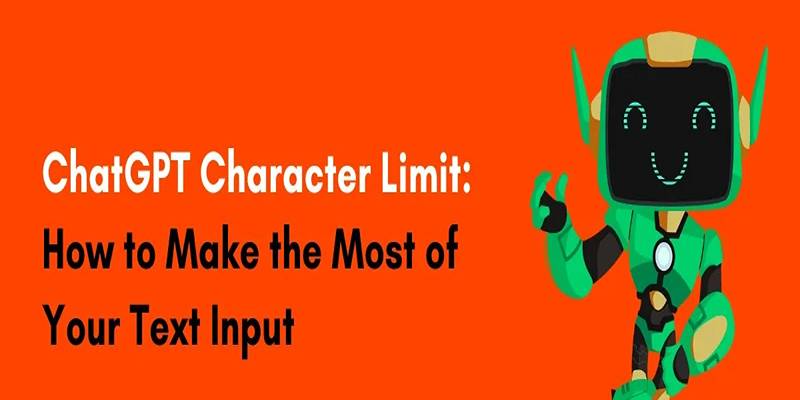
Learn ChatGPT's character input limits and explore smart methods to stay productive without hitting usage roadblocks.

Amazon CEO Andy Jassy highlights the importance of AI investment in his annual letter, outlining how artificial intelligence strategy is shaping the company’s growth and innovation plans
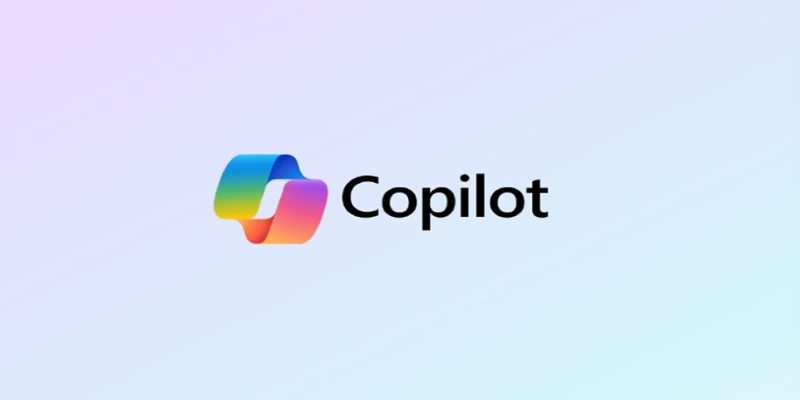
How Microsoft Copilot lets you access GPT-4 Turbo for free. Learn step-by-step how to use Copilot for writing, research, coding, and more with this powerful AI tool

Wondering whether TensorFlow or Keras fits your project better? Learn how they compare in simplicity, flexibility, performance, and real-world use cases

Learn what AI red-teaming means, why it matters for AI safety, and how it helps find and fix risks in different AI systems

Need a sharp, professional headshot without booking a shoot? Check out the best AI headshot generators in 2025 to create standout photos in minutes

Learn how ChatGPT can improve your habits, mindset, health, and daily life with smarter planning and consistent support.
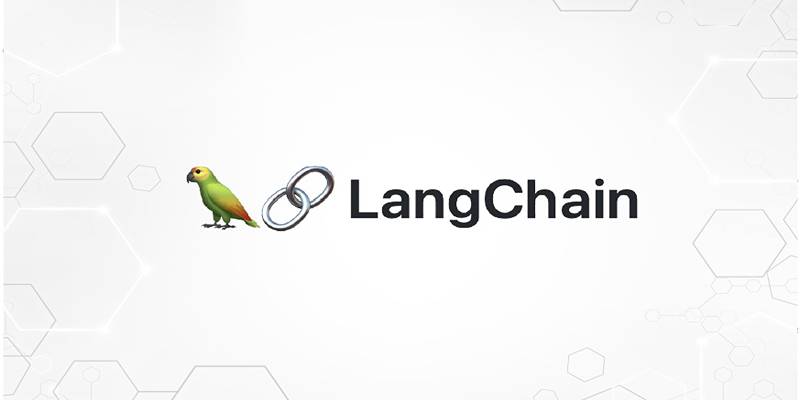
Explore how LangChain helps developers create smarter, scalable apps using LLMs, tools, memory, and workflows.
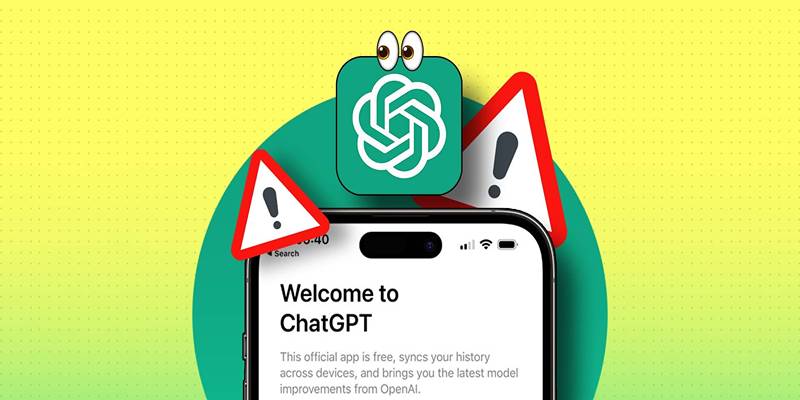
If ChatGPT isn't working on your iPhone, try these 8 simple and effective fixes to restore performance and access instantly.
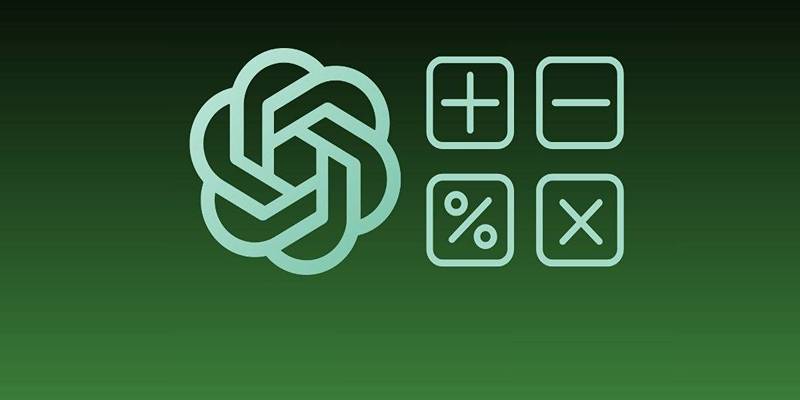
Can ChatGPT really solve math problems? Discover its accuracy in arithmetic, algebra, geometry, and calculus.

Explore 8 strategic ways to use ChatGPT for content, emails, automation, and more to streamline your business operations.